Let’s take a moment to analyse the role of female characters in the British culture from the New Elizabethan age until today, shall we? The aim is to show how the changes in society and some major historical events, such as the World War Two, have shaped the general understanding of women’s function when it comes to art, literature, music or film. As the red line, the topic of feminism goes constantly hand in hand with the issue. Women’s roles in English society and their function in cultural life, as it appears, have always been dependent on the dominating male orthodoxy. However, there are signs of this dependency losing ground especially in the post-war period. The development of the British way of life, emerging of new trends and movements in society and the changes in human thinking have all led to the women’s social status being elevated from dust, where it has been lying for millennia, to where it is today – almost but according to some views not yet entirely equal with men.
World War Two can be portrayed as a catalyst of social change that makes a clear distinction between the pre-war and the post-war era. The two periods differ in the general attitude towards female characters. Women’s roles in the New Elizabethan age were considered either signifiers of sophisticated selfishness or hopelessly domestic stiflers of male brilliance. In other words, female characters existed chiefly in supporting roles to let the male characters shine in full extent. This sort of approach was very typical of the period.
In March 1837 a correspondence takes place between Charlotte Brontë and the Poet Laureate, Southey. The fact that Charlotte had decided to appeal to him for guidance in the business of writing poetry in itself is an indication that despite the overall disapproval there were women who were willing to challenge the current social state. Their efforts were not necessarily productive as the social orthodoxy was rigid and did not leave much space for any changes. Hence, the great man’s reply was predictably characteristic to the period: “Literature cannot be the business of a woman’s life, and it ought not to be.” Having spiced this pronouncement with some more fatherly advice, he followed the pattern of conventional thinking, thus turning down her attempt.
Although the changes in approach towards female roles were little in the following decades, by the 1930s women had achieved some political recognition and were allowed university education. Basically, the role of women was still to help men but they had also succeeded in founding associations, such as the Women’s Suffrage movement, which were now causing great disturbance in the this far so safe and sound world of men.
It was with the outbreak of World War Two that the greater society of English women would find themselves taking a step towards parity. This marks the beginning of the second period in the English culture, the post-war era. The hardships of war, due to economic and human loss, made the male orthodoxy and the society in general undergo major difficulties in handling its affairs and resulted in men becoming more and more dependent on the contributions of the opposite sex. During the war women were delegated more responsibilities and their help became indispensable. A transitional generation was born which led the female figure from the Victorian notions of duty to the new burgeoning permissiveness and liberality. Women were no longer considered the suppressed and doomed species in the same extent as they were in the New Elizabethan age, and their voice was now heard. However, there was still a long way to go before reaching the point of total equality with men, and, to be more accurate, this point has not yet been reached until this day. Will it ever be?
If Shakespeare had had a talented sister, she would have worked too hard, married early and died young, without having written a word. Yet, in the early years of the 20th century, the feminist author Virginia Woolf saw a few rays of hope for women writers, and she enjoined them fiercely to change the course of history.



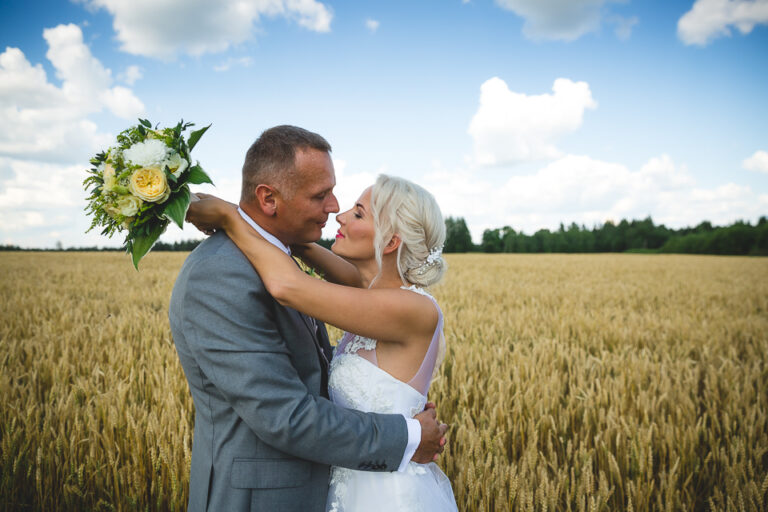
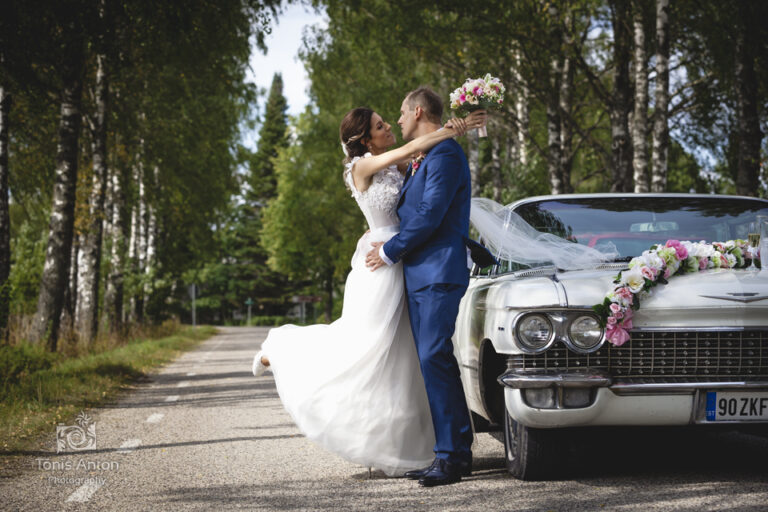

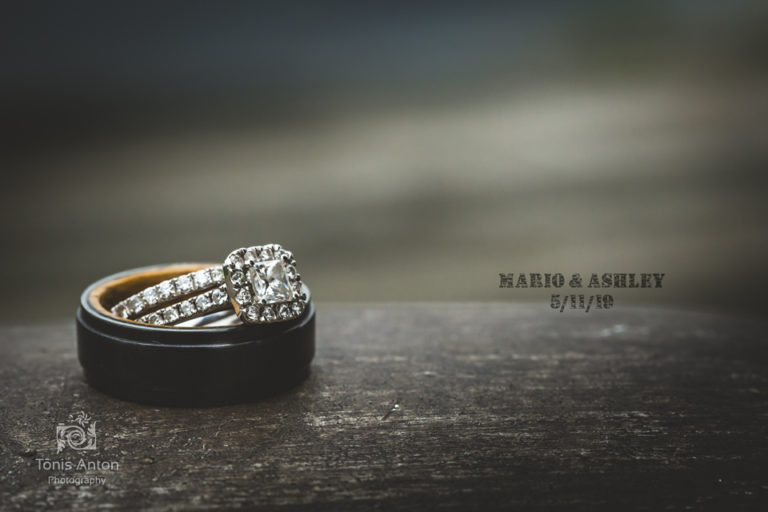
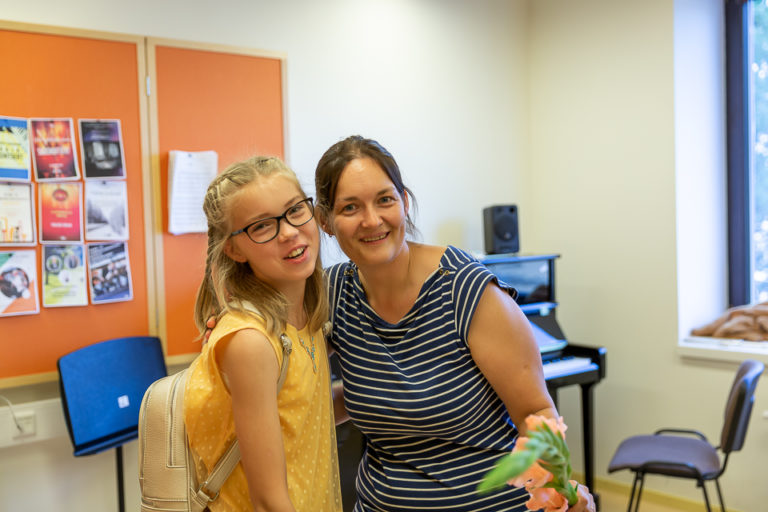


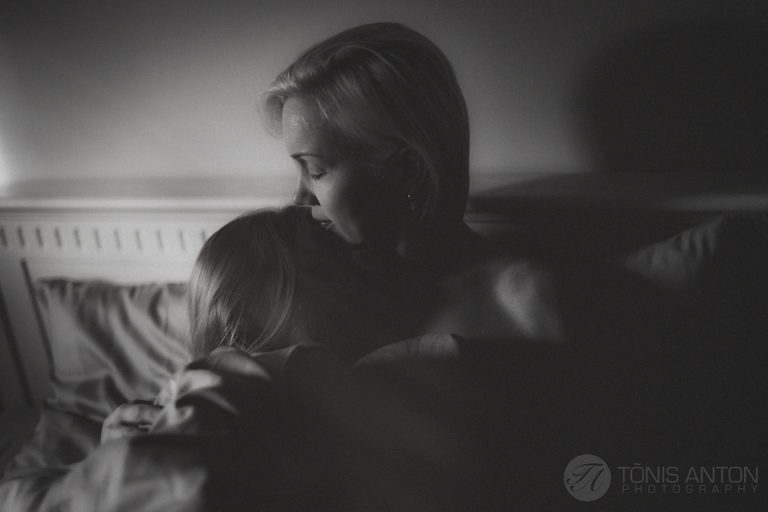

This is a really good read for me, Must admit that you are one of the best bloggers I ever saw.Thanks for posting this informative article.
I want to express – thank you for this!
Hi mate, I love your site. With the abundance of misinformation about this subject on the internet, it’s great to see some refreshing content. Keep up the great work!
One again, your articles is very good.thank you!very much.